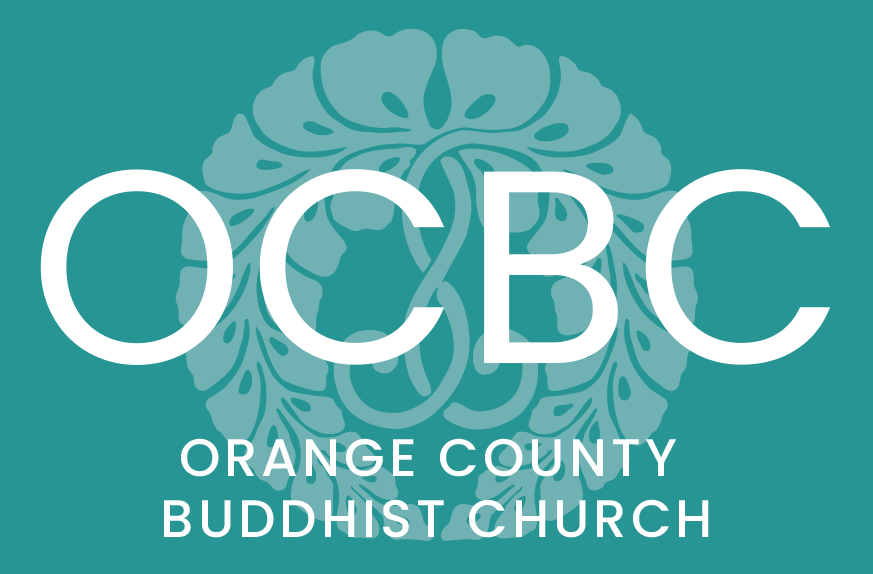Outside-In
It is surprising to hear that karma is not really a Buddhist teaching in the same way as the teachings of interdependence and impermanence. When the Buddha taught, he often found himself speaking to a Hindu audience who asked questions concerning the concept of karma.
So, what did the Buddha do? Rather than challenge the concept of karma he instead chose to reinterpret it. The Buddha would explain that karma, like everything else, is something that is not fixed. That karma illustrates the truth of interdependence and impermanence. One scholar observed that it was like the Buddha was putting new wine into old bottles.
Adding to the puzzlement is that the teachings of karma, interdependence and impermanence all entered China at the same time, along with Buddhism itself. This reinforced the idea that these three teachings were all Buddhist teachings. I think this process has also occurred as Buddhism entered America.
Karma also seems like a familiar concept to us. We tend to think of karma much like we do the golden rule. It is the idea that we should treat others as we'd like to be treated. In other words, there is a moral scale – there is payback for our behavior, both good and bad. This is called the “ethics of reciprocity”.
In Buddhism, we call this “individual karma”. It is what we have control over. Control is what we yearn for. So much so that we have never heard of its partner called “group karma”. This is the karma that plays the major role in our lives. However, group karma is all the things that we do not have control over.
For example, group karma includes our gender, our ethnicity, the languages we speak, the family we were born into, where and when we were born. It is our group karma, not our individual karma, that has the greatest impact on our lives. This realization can lead us away from taking sole credit for our victories and feeling deep guilt over our failures.
Our emphasis on individual karma rather than group karma isn’t unusual since it aligns well with our ideas of self-control and free will. When we hear the word “karma”, we think of what we can control as an individual.
This bias also affects how we think about Buddhist practice. For example, there is a finish line that we can cross through our own efforts. It is merely a matter of self-discipline, self-improvement and achievement. For both karma and practice, we focus on what is called “internal causes”.
There is another perspective. It is one of appreciating our “external causes” and realizing their benefits. As we listen to the teachings and interact within a Sangha, our perspectives and viewpoints begin to soften. Buddhism is something that is now happening to us rather than for us. We are receiving benefits rather than achieving milestones, rank or status.
In our tradition, this is the difference between self-power and Other-power. Not “other” in terms of an external being or external force but as in all the causes and conditions that have embraced us and informed our lives. It is all these external causes that overwhelm our internal effort. It is the Buddha’s teachings that wash away the mind of calculation and quid pro quo.
With this external orientation we can begin to better appreciate what Shinran experienced. His teachings are much clearer when seen from the Outside-In rather than from the Inside-Out. This is the foundation of his revolutionary perspective on Buddhist practice.
“Ah, hard to encounter, even in many lifetimes, is the decisive cause of birth. Hard to realize, even in myriads of kalpas, is shinjin that is true and real. If you should come to realize this practice, rejoice at the conditions from the distant past that have brought it about.”
The True Teaching, Practice, and Realization of the Pure Land Way, Preface (Page 4)
Namoamidabutsu, Rev Jon Turner


